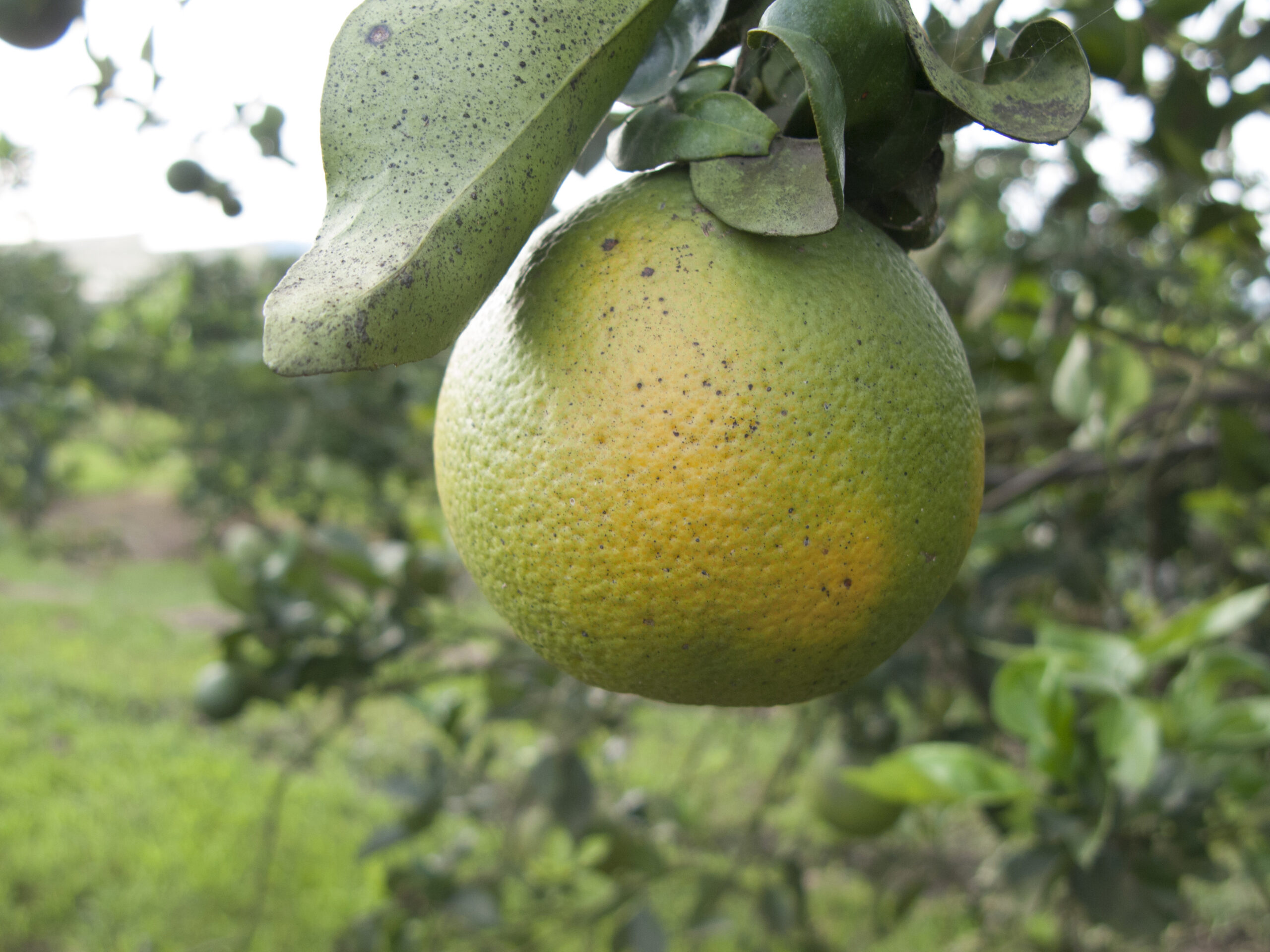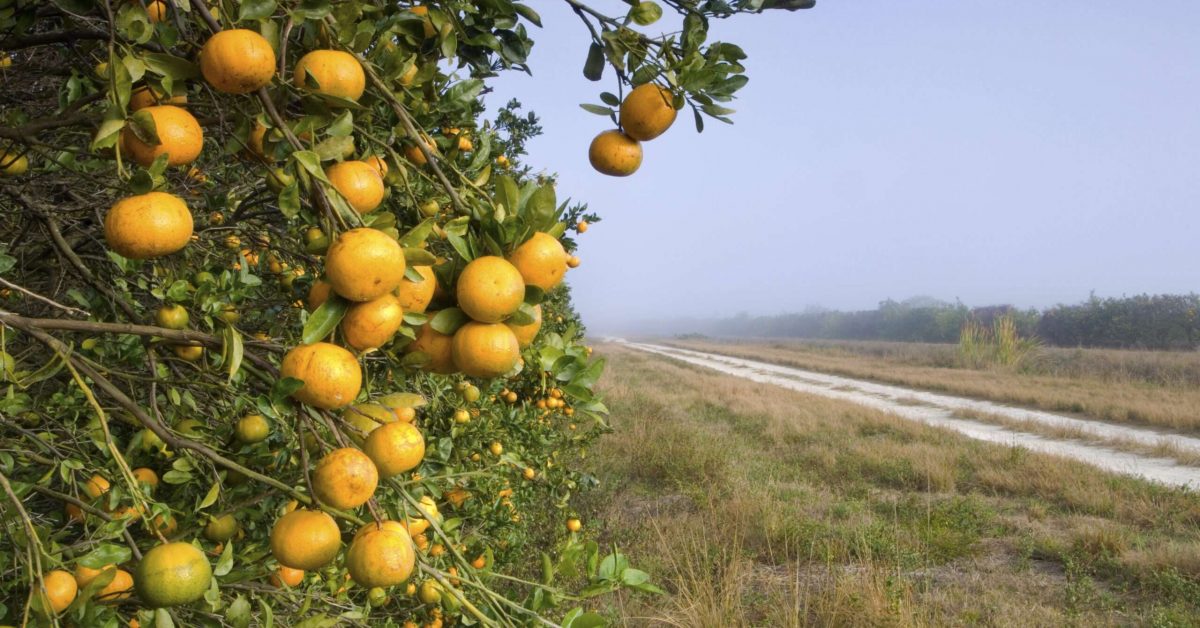Profits from citrus farming just weren’t enough for Alico Inc.’s shareholders.
In announcing Jan. 6 that it would be stepping back from citrus farming, Alico Inc. also announced it would be charting a new course for the future.
Founded in the 1800s as a railroad company, Alico soon diversified its interests to timber. By the 1960s, those business interests were centered around citrus farming. But in 2017, a one-two punch of Hurricane Irma and a relentless disease known as greening began cutting into orange profits across Florida.
 “We determined that it’s not economically viable for us,” said Alico CEO John Kiernan, who has been with the company since 2015 following a career on Wall Street. “We have such a large scale. We have to look at our entire operation, overall.”
“We determined that it’s not economically viable for us,” said Alico CEO John Kiernan, who has been with the company since 2015 following a career on Wall Street. “We have such a large scale. We have to look at our entire operation, overall.”
Alico already began this transition, with an example being a sand mine in Charlotte County that used to be known as the TRB Grove.
Alico owns about 53,000 acres. About 75% will continue as agricultural land, Kiernan said, while about 25% will be planned for development, whether that be commercial or residential uses.

John Kiernan
In the meantime, almost 3,500 acres of its best-producing citrus farmland will continue to be farmed for citrus for the next season.
That tradition could continue in the future, Kiernan said, if small-scale farmers opted to lease it.
“We’re taking it year by year,” Kiernan said of that acreage. “Those are the most profitable acres we have right now. We’re optimistic that will continue for at least one more season. What we can’t do is have an entire infrastructure around taking care of that limited number of acres.”
That means the rest of the farmland would be converted to other agricultural uses.
“Grass for sod,” Kiernan said. “Sugar cane. Vegetables like green beans. Fruits like watermelon. Cattle. Sand mine is actually agricultural-related activity.”
 Alico also has done some due diligence on the development side of its evolving business, Kiernan said.
Alico also has done some due diligence on the development side of its evolving business, Kiernan said.
“We looked at every acre we had with some outside appraisers and some experts,” he said. “To help us really develop a master plan. That helped us identify which acres in our entire 53,000-acre portfolio could even be considered for some potential development activity.”
Alico is letting go of 172 workers. The company will provide those who qualify with severance pay and will help them find new jobs. That would leave Alico with just 20 or so employees.
“It’s a horrible thing to do,” Kiernan said of the layoffs. “It’s a heart-wrenching experience.
“But unfortunately, this is a transition that Mother Nature brought to our doorstep. We’ve had to navigate through that so that Alico as a company would have a future going forward.”
Kiernan said Alico took its responsibility as stewards of land seriously — an act it will have to balance as Florida’s population continues to grow.
“The land is going to change,” Kiernan said. “It’s changing from citrus to something else. And we’re going to do everything in our power to help and encourage our employees to navigate this transition as best as possible.
“This is a reminder to us that we need to be nimble. To be innovative. And to find new ways to make money for our shareholders. We have to be stewards of the land that we are entrusted with. We also have a duty to our communities, as well.”





